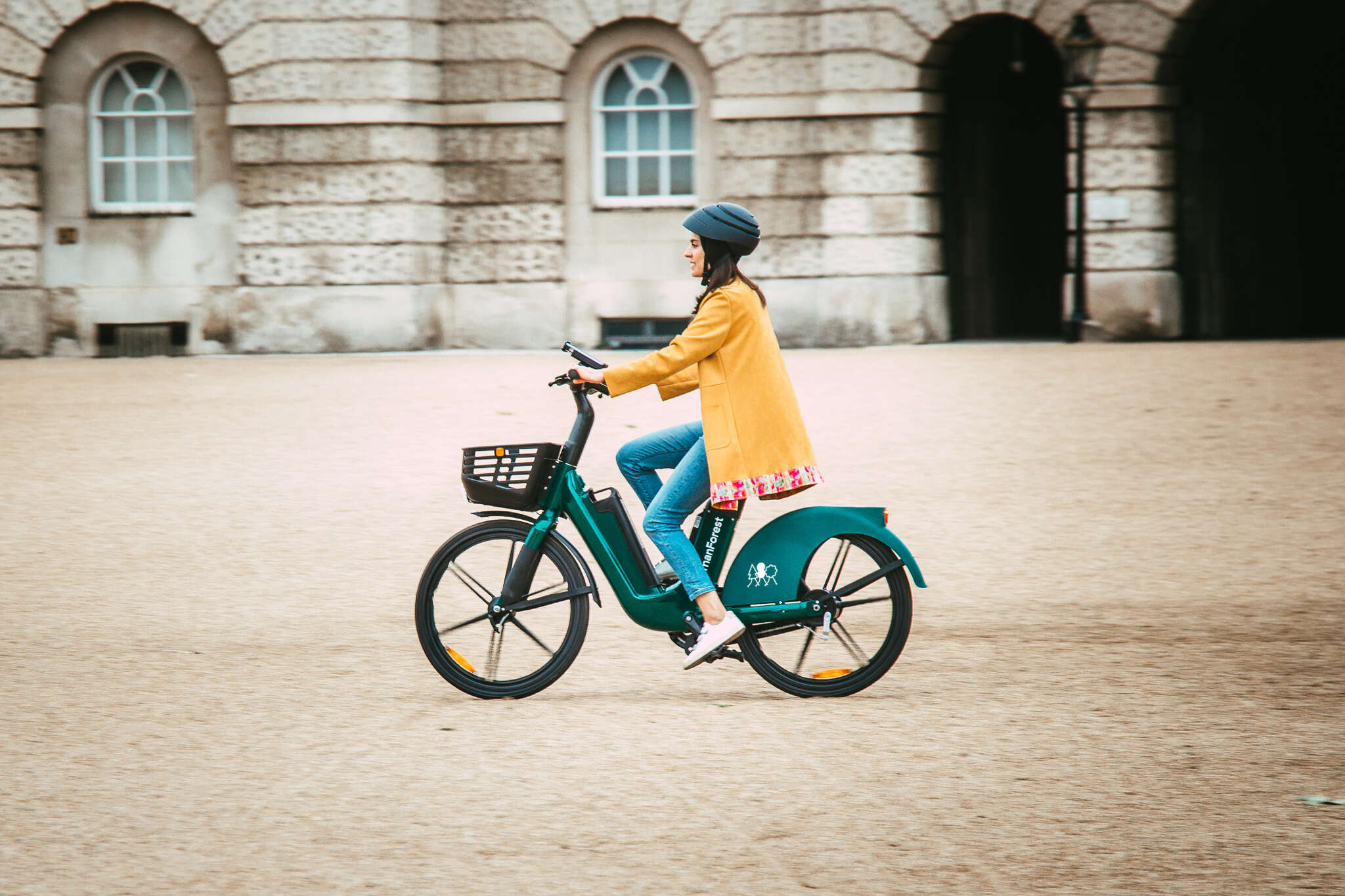
London was once crisscrossed by trams. Before the Second World War, tramlines ran from one side of the city to the other. With the exception of Croydon, the trams are all gone. But why did London abandon its network of zero-emissions electric trams?

During the post-war recovery, trams were seen as a relic and policymakers wanted to encourage London’s denizens to adopt private cars that were seen as a symbol of freedom. With the benefit of hindsight, those decisions made in the 1940s and ’50s represent a historic mistake. As we reach another historical juncture – making our way tentatively out of the pandemic – it’s important to highlight that the decisions that we make now about our cities will have long-term consequences.
As businesses and the government turn their attention from Covid back to the climate emergency, Londoners will also be thinking about the part they can play as they return to some form of normality. With restrictions now lifted, there are likely to be behavioural changes; people will be more hesitant about getting on a crowded bus or tube, and many have now made cycling a permanent habit.
This provides a real opportunity for micro-mobility operators. With an increasing appetite for clean, green and healthy modes of transport, more bike-sharing platforms are entering the market and London’s e-scooter trial is already proving successful.
Going green
For a while now, one of London’s biggest pinch-points has been in mobility. It is also a part of our lives where we have the potential to make a meaningful reduction in our own carbon footprint.
The Greater London region accommodates over ten million people, with 19.81 million trips undertaken daily. Eight million of those trips could be cycled in under 20 minutes, highlighting the small individual changes that could be made to help the planet.
The use of cars in London is increasingly expensive and vehicle congestion is recognised as one of the core causes of pollution. Road transport represents almost a quarter of Europe’s greenhouse gas emissions and in London there’s an air pollution crisis, with 99% of the capital exceeding safe limits.
Therefore, a shift from car use to more space-efficient means of travel provides the only long-term solution to the congestion and air quality challenges that threaten London’s status as an efficient, well-functioning city.
The need for alternatives is clear. Micro-mobility solutions can be exceptionally durable and sturdy making them last for the long term. A HumanForest e-bike, for example, will last for five years despite making several journeys every day. Alongside promoting a healthier lifestyle, this longevity helps users reduce their impact on the environment.
A blueprint for change
The e-scooter trial in London has provided a blueprint for the sort of collaboration that is needed between local authorities and micro-mobility companies to create the space for these alternatives. With more boroughs signing up, the trial will soon highlight how a dockless system could work without cluttering the streets or being dangerous for users and pedestrians.
Off the back of these trials, it is clear that a pan-London approach is needed so that micro-mobility choices can be a fundamental part of London’s transport options. These solutions are particularly impactful for Londoners who cannot or do not want to invest in their own bikes, as well as tourists and people looking to make a one-off journey. For businesses, it reduces the need to retrofit cycling infrastructure to accommodate a growing demand for this model.
With the city preparing to open up and return to a relative ‘normal’, there is no better time than now. With the support of local authorities and the mayor, London could easily become the first world city where the best, easiest and most convenient transport choice is almost always cycling or walking.
Encouraging new behaviours after the pandemic won’t happen overnight, but moving towards this system would undoubtedly see more people playing their part to help save the planet, one pedal at a time.






